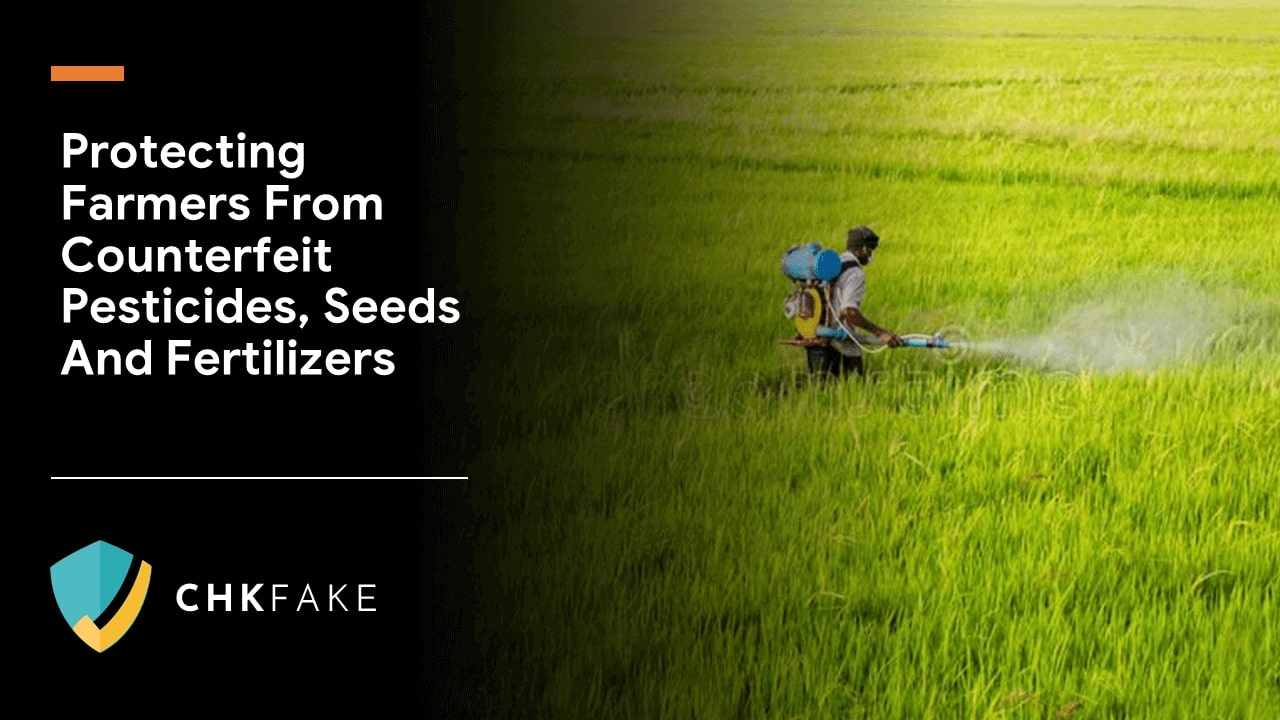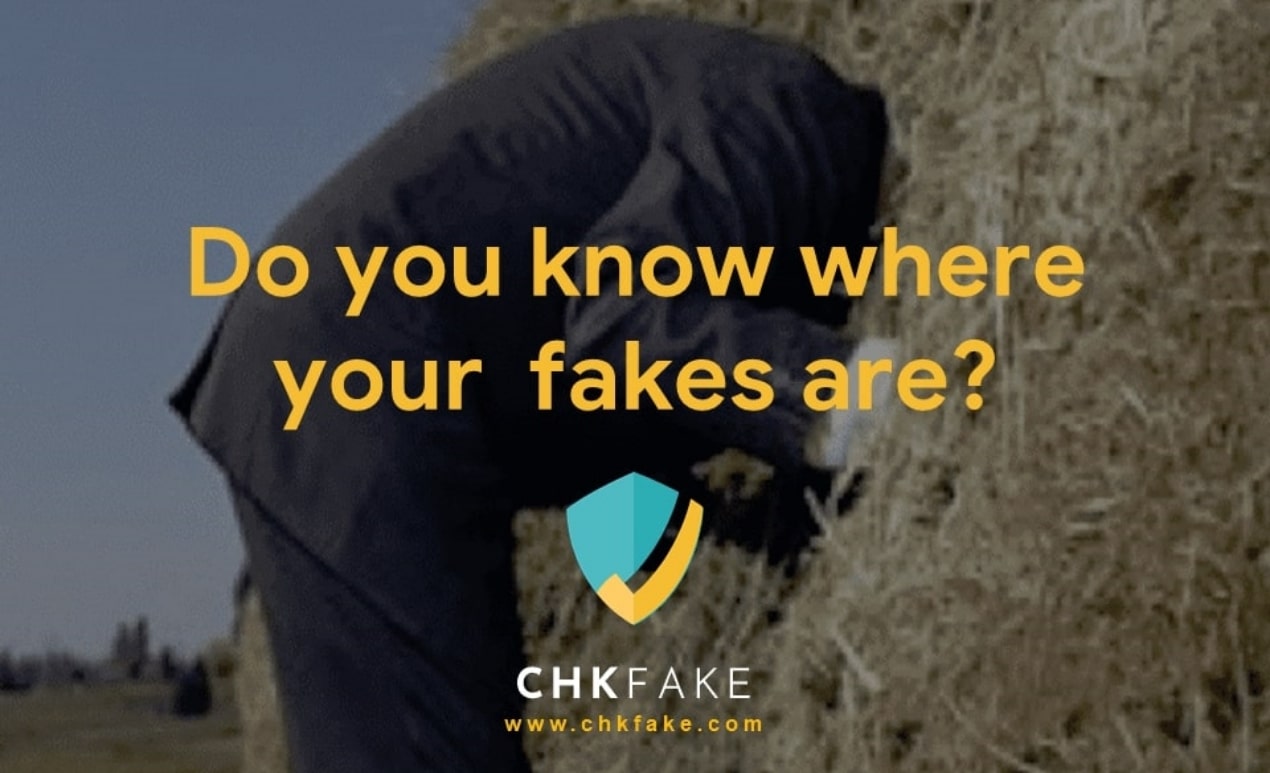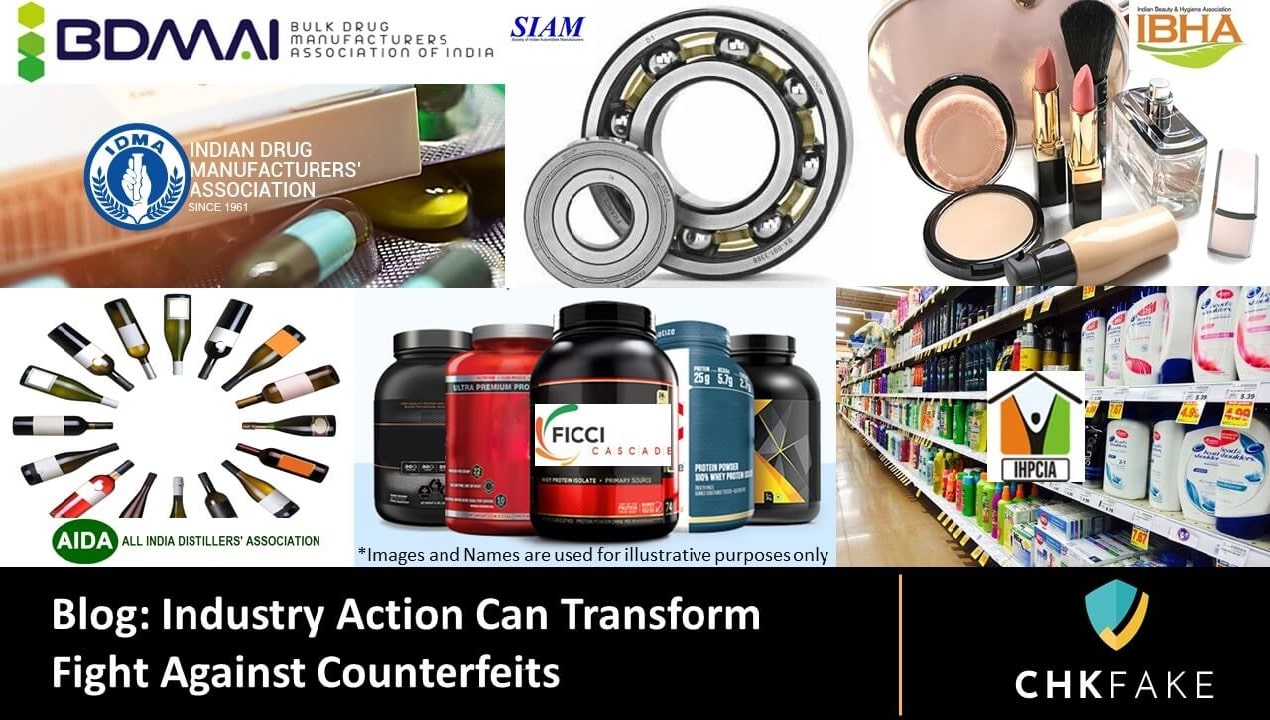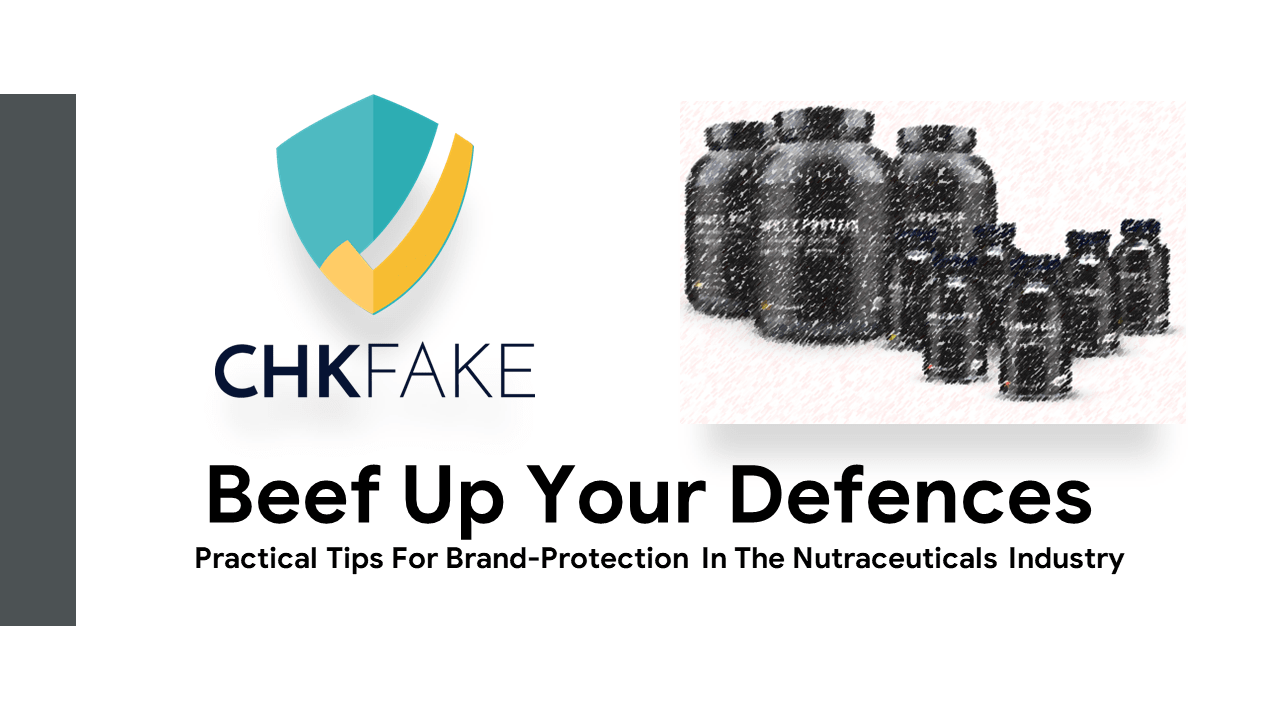Agriculture is the backbone of the Indian economy, accounting for 23% of the GDP, and employing 59% of the country’s total workforce. 70% of India’s rural households still depend primarily on agriculture for their livelihood, with 82 per cent of farmers with small and marginal landholdings.
While India has achieved self-sufficiency in a lot of food products, still, there is a vast amount of disparity amongst agricultural yield in different states and there is an opportunity to boost the yield further. One industry that is the backbone of this agricultural growth is the agrochemical industry.
The term agrochemicals include crop-protection products like the pesticides, herbicides, fungicides and insecticides to control pests and diseases, as well as commercial fertilizers to improve land productivity.
However, counterfeit and lookalike agrochemicals are posing a serious and growing challenge for the agrochemicals industry, farmers and consumers: –
- The farmers have to bear the financial losses of lower crop yield, potential harm to their land, sometimes leading to farmers suicides
- The environment is impacted as illegal products contaminate soil fertility, groundwater quality and damage the entire ecosystem of other beneficial organisms
- End consumers get impacted as fake chemicals’ residues reach their plates and palate
Sales of illegal pesticides in India is estimated to be INR 3,200 crores (525 Million USD) per annum constituting 25% of the total pesticides available in the market.
FICCI, 2015
Trade in illegal and counterfeit agricultural chemical compounds is increasing and estimating that at least 1 in every 10 products on the market is counterfeit.
OECD

Counterfeit and illegal agrochemicals seized during raids. Source
Current State of counterfeiting
Increasing demand for agrochemicals has resulted in this industry becoming a prime target for counterfeiters, specifically the more popular ones as they are easy money makers for the counterfeiters.
Because of the low literacy levels, farmers tend to identify popular brands from their packaging and colours, making it easy to deceive them with fake or lookalike products. The problem increases when brands do not protect their packaging with anti-counterfeiting technology or tools to verify genuine products.
Sometimes, counterfeiters are also able to re-apply genuine security labels from small packs to larger packs and deceive the farmer.
There is a lack of awareness about the presence and use of fake agrochemicals and the onus lies on organizations, government, and industry bodies to create awareness.
Tips to protect from counterfeiting
1.Stronger anti-counterfeiting (AC) technology
Use of multi-layered interactive security features to allow a farmer to distinguish an original product from a counterfeit.

Bayer CapSeal interactive safety feature and a unique QR code to check the authenticity of the code. (Source)
2.Easy Authentication
Facilitate easy verification of genuine products by deploying the latest in authentication technology. Chkfake is a state-of-the-art authentication and reporting platform on which brands can list their products.

3.Enforcement Management system
Market intelligence to identify sources of supply is critical. Use an enforcement management tool, such as Chkfake, to capture and manage enforcement leads from internal and external teams effectively. Most brands do not have a system in place to capture feedback on counterfeits/ lookalikes from the market. As a result, leads are lost and the brand continues to suffer. An enforcement management tool increases the brand’s enforcement footprint and enables a quick and deterrent action. It also gives the brand access to all enforcement intelligence in one place.

Image courtesy: Chkfake
4.Investigations and Legal Action
Use 3rd party legal firms and investigators to increase the presence on the ground to identify the supply chain of counterfeiters as well as take enforcement action including seizures, cease & desist notices, civil suits etc.

Counterfeit Insecticides found in raids led by an investigative agency in Delhi. (Source)
5.Widespread education
Raise awareness among farmers and retailers on the risk of counterfeiting and how to verify genuine. The farmers and retailers must be educated to buy only from trustworthy sources and never buy from the “black market” (e.g. from an alternative supply-chain or any unauthorized outlet). They should also insist for a correct and complete invoice, including the name of the product(s) and/or quantity purchased.

Farmer Education Poster(Source)
Farmer co-operative unions and other farmer organizations should be used to increase public awareness about the risks of using counterfeit agrochemicals.

Method of testing genuine fertilizers by UP Agriculture Department and ensuring the availability of testing kits at Kisan Seva Kendra. (Source)
6.Use the power of Industry Associations
Industry associations can help where brands struggle, eg. in the areas of customer education, and advocacy with government agencies in terms of enforcement and policy. Both the industry associations in the agrochemicals sector in India (Croplife and PMFAI ) are doing great work in this space.

Croplife India represents the international brands in the crop protection industry in India and lobbies for checking counterfeits and illegal agrochemicals. (Source)
7.Partnering with Government agencies
Awareness and close co-operation between brands, regulators, investigative agencies, and customs to restrict the entry of illegally smuggled counterfeit products. Agrochemical regulators and brand owners must educate the customs and border agencies on the chemical compositions and how to verify genuine products. Brands should actively foster and support collaboration amongst authorities by providing product training and sharing lead intelligence.

In an annual operation, Europol with other agencies has seized 1346 tonnes of illegal pesticides in an operation spanning 32 countries across EU. (Source)
8.Channel management
Clearly set up rules of engagement and zero-tolerance policy against counterfeits amongst the brand’s trade partners including distributors and dealers. Setup contracts and policies to help trade partners abide by all applicable laws and dissuade them from any association with counterfeit agrochemicals and infringing on the intellectual property rights of the brand.
Agriculture is the backbone of the economy and with an increasing population and multiplying demand for food products, the demand to improve the yield is growing manifold. A holistic approach is required to put a stop to the menace of counterfeit agrochemicals. As more and more farmers will start verifying more and more products, deterrence to counterfeiters will strengthen as they will run out of products to target.
If you liked what you read, please do share in your network. You can follow my articles on LinkedIn and Twitter, or subscribe to My blog.
_________________________________
Tanmay Jaswal is the Founder of Chkfake, a start-up that is disrupting the anti-counterfeiting industry by creating an eco-system of all stakeholders to join the fight against fakes together. The Chkfake mobile app allows users to verify genuineness of any product irrespective of category or brand.
Tanmay has 26 years of global experience in business leadership, marketing and strategy in companies like Coca-Cola and Shell and is an acknowledged authority on brand protection. He has headed the brand protection function for Shell globally and has extensive experience in this space over the last 8 years.






0 Comments